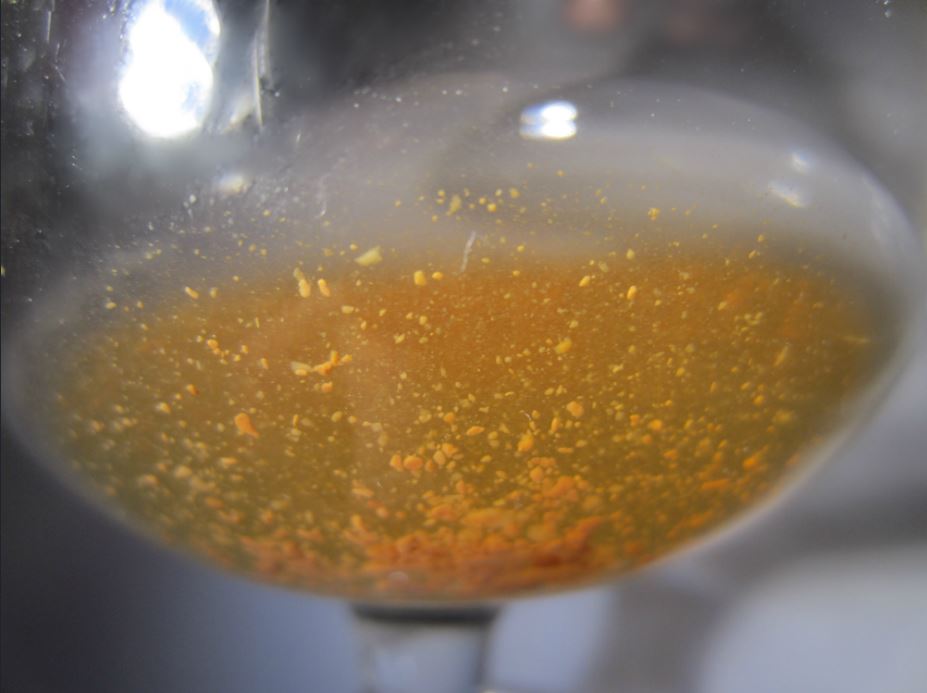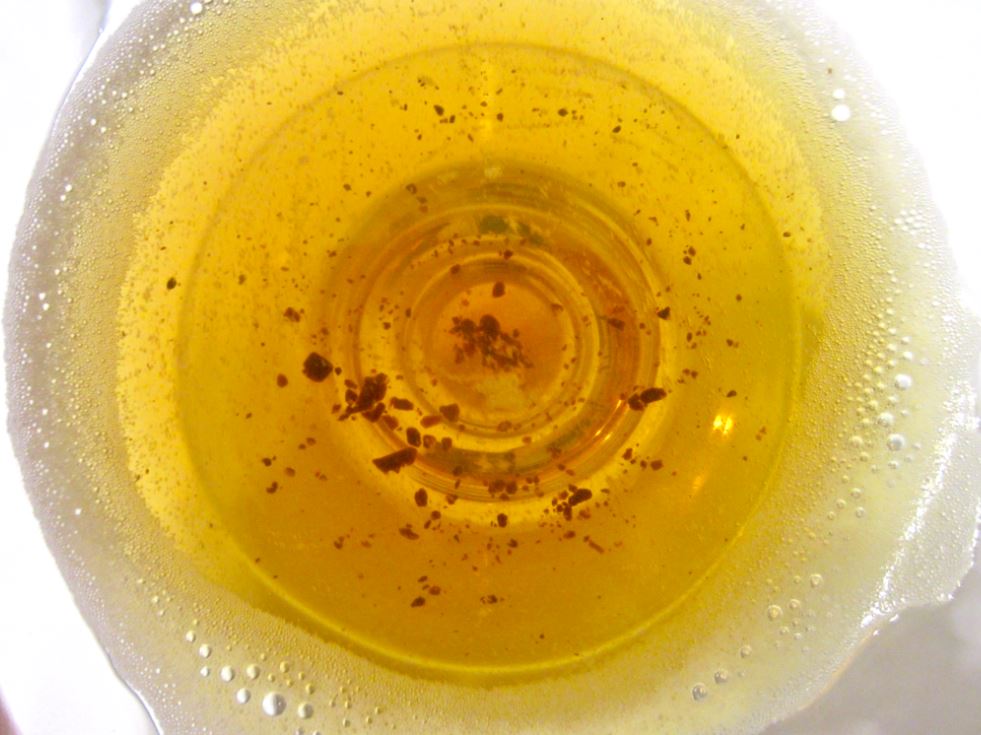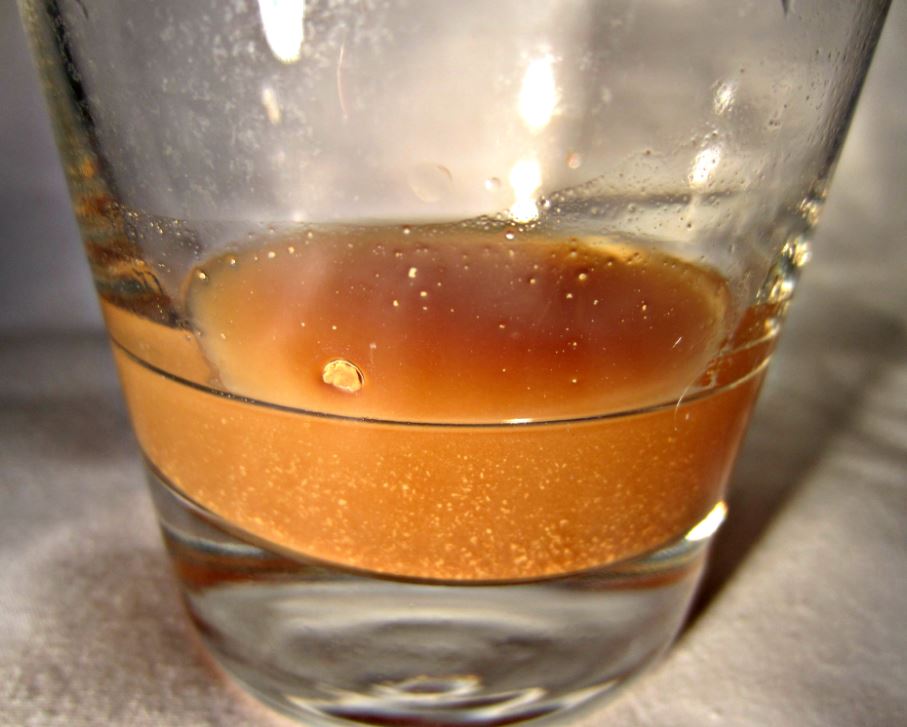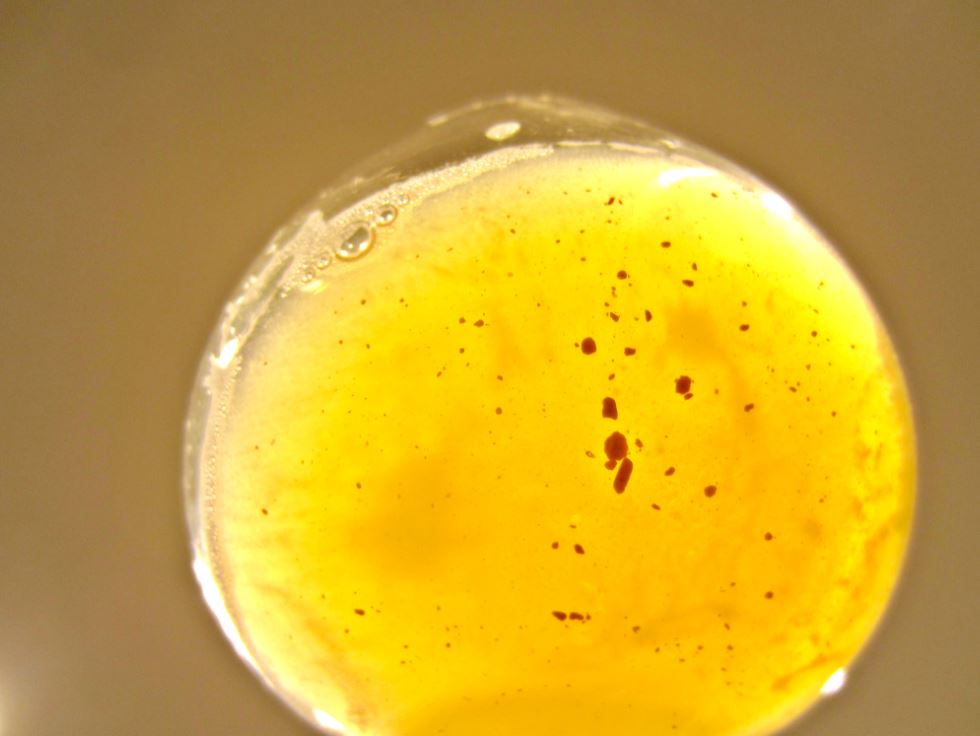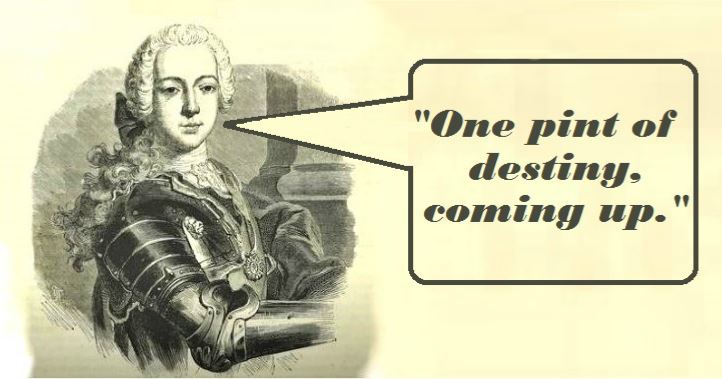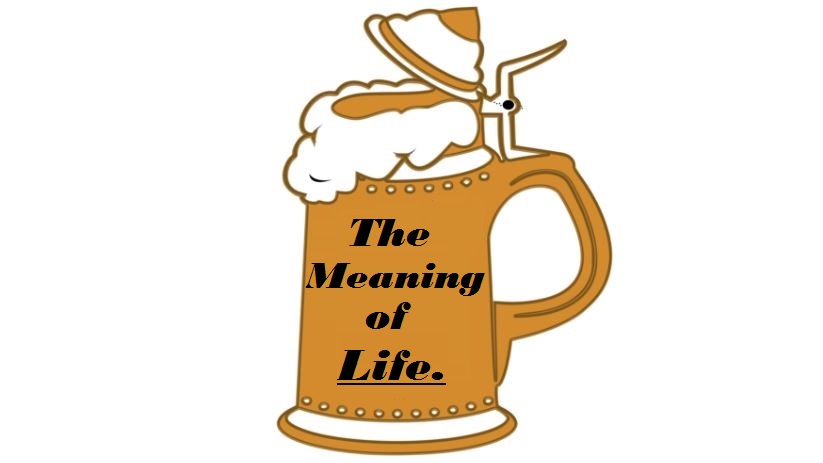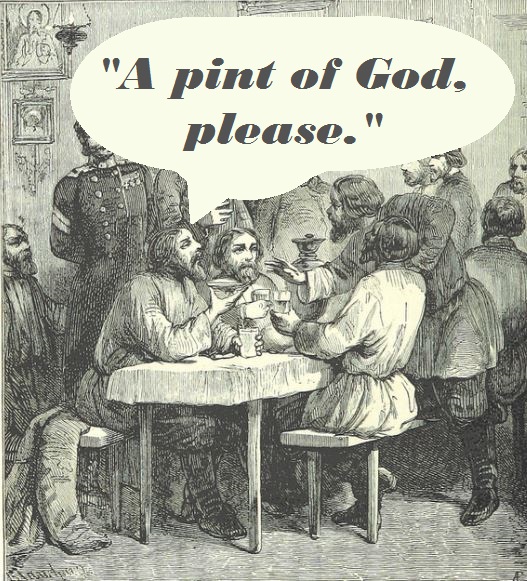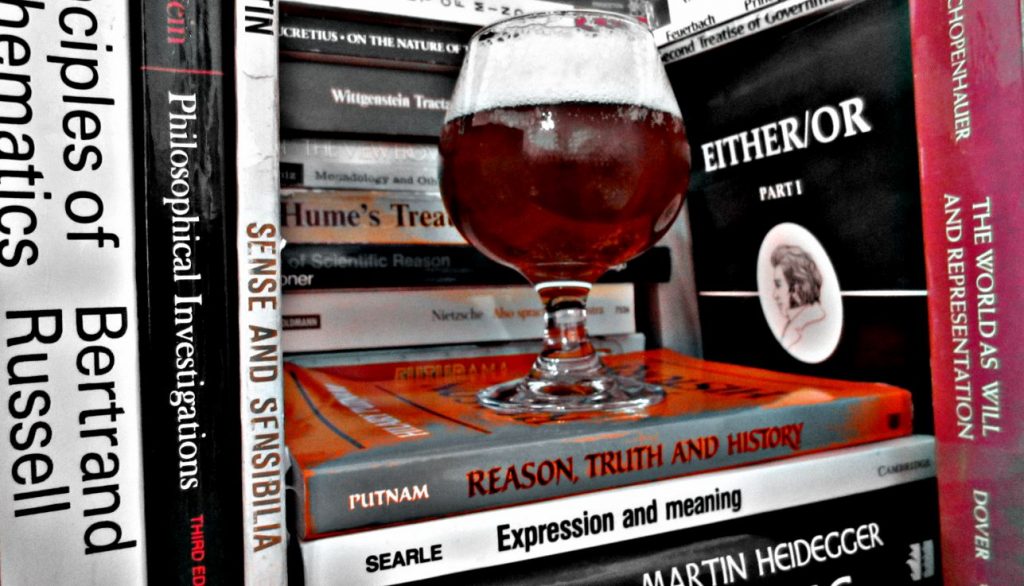If you’ve never seen “floaties” in bottled beer, that’s typically a good thing.
What are “beer floaties”?Floaties (also known as floaters or “snowflakes”) are small chunks of coagulated protein that have fallen out of the solution of the liquid beer as a result of aging, and are often (but not always) darker in color in darker colored beers. Floaties can develop and become noticeable in as little as two years depending on the
particular beer style and storage conditions (floaties may appear sooner in beer that is
not refrigerated).
To be clear, floaties are not the same thing as yeast sediment which is normal in bottle-conditioned beers of any age. Yeast tends to be smooth and dense and gives beer a cloudy hazy appearance when aggressively disturbed as when rolling a bottle of bottle-conditioned Hefeweizen or swirling the bottle during the pour.
Floaties, on the other hand, are approximately bread crumb-sized clumps of protein and if present are easily disturbed like the white particles (“snowflakes”) inside a snow globe. Even some beers that are appropriate for aging like Gueuze and Flanders Red may likely develop floaties over time.Floaties don’t taste like much of anything (bland grain mush/soggy white bread crumb), but if serving an aged beer with floaties, the floaties can sometimes be left behind in the bottle if poured carefully.
When purchasing beer, remember that floaties are a sign of aged beer, and if floaties are visible when held to the light in a bottled beer that is not intended for aging, the beer should probably be avoided, especially if the beer is beyond a year of the bottling date, or if there is no bottling date at all.
That said, some fresh unfiltered IPAs (particularly dry-hopped versions) may contain elevated levels of “chill haze particles” due to increased polyphenols from the hops that bond to malt-derived protein and beta glucan, which can be exacerbated if the beer is not properly “cold crashed” or chilled prior to filtration. Such special cases are separate from age-related floaties that appear in beers that have been sitting on the shelves beyond their best-by date.
To be clear, it’s highly unlikely that old beer causes any sort of health risk to humans, but most beer is beyond its prime after a year, and even less for most hop-forward styles of beer. Again, if no packaging date or “best by” date is present on a beer that contains floaties and was not intended for aging like some sour beers and high ABV brews, it is best to avoid purchasing that beer as a general rule of thumb.
Related Article: Beer Syndicate Reviews Decade-Old African Beer Forgotten in a Hot Garage.
Hi, I’m Dan: Beer Editor for BeerSyndicate.com, Beer and Drinking Writer, Award-Winning Brewer, BJCP Beer Judge, Beer Reviewer, American Homebrewers Association Member, Shameless Beer Promoter, and Beer Traveler.

